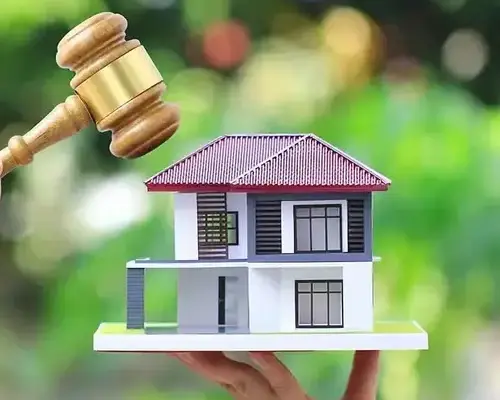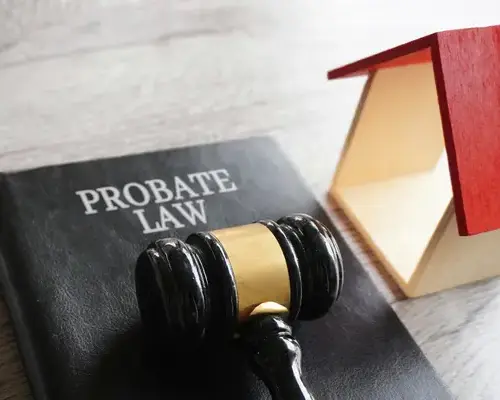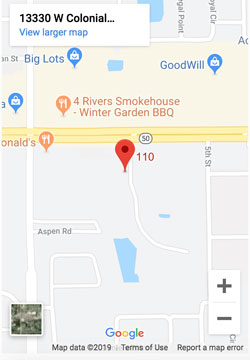Orlando Simultaneous Closings Lawyers
There are several types of simultaneous closings. One kind relates to investors. In a simultaneous closing with an investor or wholesaler, an investor finds a good deal on real estate, purchases this real estate, and then simultaneously turns around and flips that real estate to a new seller, who may be willing to pay more. This is also known as an “A to B to C” closing. Often this kind of sale and purchase is performed by a wholesaler or an investor who has the investment capital to purchase larger tracts of land or property, or who can purchase in bulk for a lower rate. During an A to B to C closing, it is important to carefully document each stage of the transaction. For example, the A to B sale will involve the wholesaler or investor purchasing the initial property at a discounted rate. Once everything has been properly documented and the sale has been completed, then can the wholesaler or investor sell the property to the customer—the B to C part of the sale. Often during this stage of the sale, the final purchaser may buy the real estate at a markup.
These types of simultaneous closings are also known as A to B to C closings. It is important that these kinds of sales and purchases be completed properly, with all money changing hands in the right order, and recordation for each sale and purchase happening at the right time. Investors and wholesalers wanting to complete simultaneous closings (A to B to C closings) in Florida, may want to speak to a simultaneous closings law firm. Legal Counsel, P.A. employs simultaneous closing lawyers in Orlando, Florida who can help you understand some of the legal issues that investors might face during this type of closing and can review your transaction to ensure that you don’t encounter any legal issues. Have questions? We have answers. Contact Legal Counsel, P.A. today at 407-982-4321.
Understanding Simultaneous Closings for Home Buyers in Orlando, Florida
Another situation where individuals might encounter simultaneous closings is where a home seller is looking to purchase another home after selling their first home. This is also called a “concurrent closing.” If you are planning to move to a new home or to a new area, where you want to purchase a home, but you already own your own home elsewhere, one of the questions you’ll need to ask yourself is whether it makes sense to sell your first home before making your next purchase. This question can become more complicated if you have a mortgage on your first home and are looking to get a mortgage on a new home. Generally, when selling a home where you have a mortgage and purchasing a new home where you’ll need a mortgage, you’ll work out a contract with a concurrent closing, where you’ll sell one home and purchase your new home back to back.
Many homeowners choose to sell their home first and then buy, because this is the lowest-risk method. You only buy your second home once you have a sure price on the sale of your old home. The risk with buying a new home first and then selling your old home is that it could put you in a bind if your old home fails to sell at the expected price. Lenders may also not be willing to give you a mortgage if you still have a mortgage obligation on your first home.
When you sell your old home first and then buy, you have the option of placing a “concurrent closing” clause in your sales contract. This means that you are only obligated to sell the first home to the buyer once you find your new home. If you plan to put this clause in your contract, it is important to consider your home buyer’s timeline and to consider whether you think you’ll be able to find a new home in a timely manner. This time period is known as the “contingency period” and usually only grants the seller a certain number of days to find a new home. Some buyers simply sell their old home and then begin the search process for a new home and don’t use concurrent closing language in their contract.
Concurrent and simultaneous closings are not your only options. For example, some lenders may provide you a bridge loan at a higher interest rate, if you don’t want to have a contingent sales contract on your old home or if you are trying to buy in a hot market where a contingent offer won’t be competitive. In many cases, if you are selling a home you already own, and are looking to buy a new home, a simultaneous closing may be appropriate for you. If you have questions about this process, contact our Orlando simultaneous closings lawyers at Legal Counsel, P.A. today who can draft contracts, help you understand your rights and obligations, and assist you with your sale and purchase from start to finish. Have questions? We have answers. Contact Legal Counsel, P.A. today at 407-982-4321.
Contact A Simultaneous Closings Law Firm in Orlando, Florida Today
Whether you are an investor looking to wholesale real estate or are a home buyer looking to move and sell your home at the same time, simultaneous closings or contingent closings can be complex. It helps to have a lawyer familiar with the process on your side. Legal Counsel, P.A. employs simultaneous closing attorneys in Orlando, Florida who can draft contracts, review every step of the process to protect your legal rights, and help you with every stage of your real estate transaction. Have questions? We have answers. Contact Legal Counsel, P.A. today at 407-982-4321.














